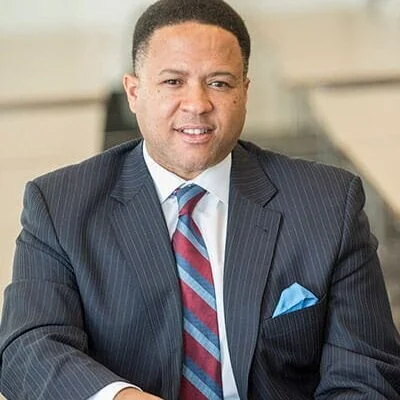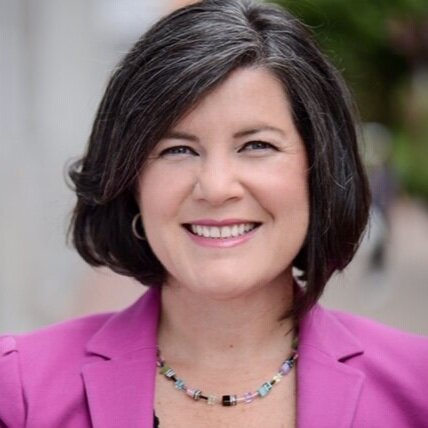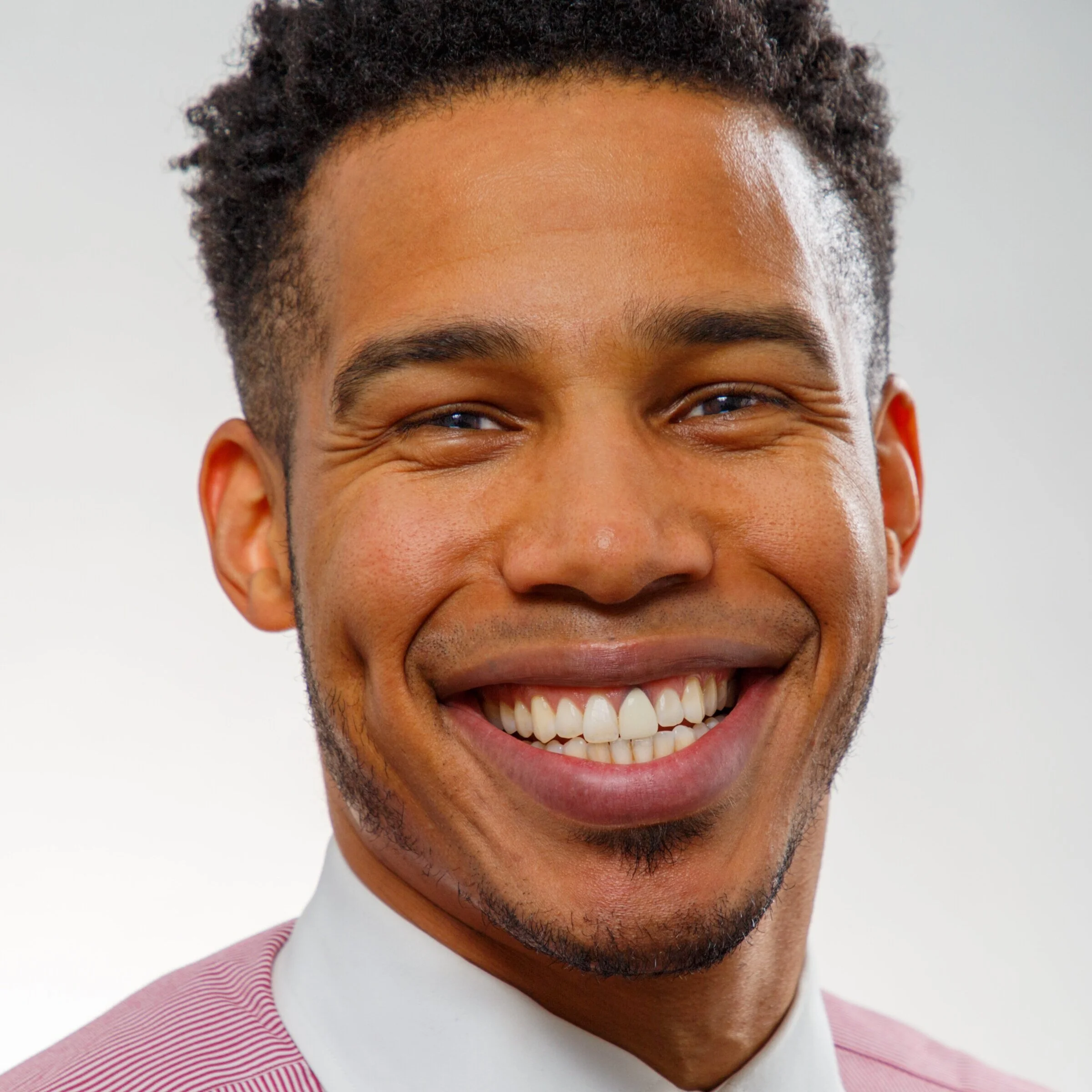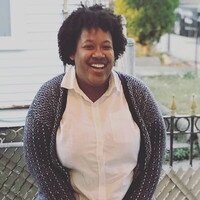Elevating Voices For Equity: K-12 Educational Equity and Access
During our three-part series, Elevating Voices For Equity, we learn, engage, and bring together community members to uplift Black, Indigenous, and People of Color (BIPOC) voices. This series is part of an ongoing collaborative commitment to learn from and amplify the messages from BIPOC leaders on essential topics such as educational equity and workforce development.
In our first event, K-12 Educational Equity and Access, we hear from:
Orlando Watkins
Vice President for Programs
The Boston Foundation
Jean Claude Brizard
Senior Advisor and Deputy Director, United States Program
Bill & Melinda Gates Foundation
Amanda Fernández
CEO/Co-Founder
Latinos for Education
Bing Howell
Chief Portfolio Officer
Chicago Public Schools
National Board Member, Citizen Schools
Frankline Mardi
Director of Curriculum & Instruction Fellow, History Teacher, and former Citizen Schools student
Roxbury Prep Charter School, Uncommon Schools
The conversation opens with a call to discuss movement toward true equity sustained beyond any given moment. Orlando Watkins moderates a robust research-backed dialog on how to change the existing equation and pathways to success for the next generation of students. Some of the questions explored in this discussion include:
What are some of the root causes contributing to opportunity and access gaps today?
By design, multiple systems disproportionately impact BIPOC communities. This impact is accentuated and reinforced by individual actions and inactions, creating and widening gaps. These gaps generate narratives about BIPOC students and communities that enable the persistence of inequity.
The COVID-19 pandemic is specifically showing us: who is falling behind; who has to keep going to work to keep cities going; who is working from home in spaces with more people than rooms; and who is dying at higher rates, exacerbated by pre-existing conditions. The comprehensive issues and impact points are not limited to just one system. Data shows that many systems interconnect in ways that exacerbate inequities.
Speakers Frankline Mardi, Jean Claude Brizard, Amanda Fernández, and Bing Howell discuss how COVID-19 has disproportionately impacted BIPOC students.
As many as 3 Million children have gone without education since March. (estimate)
The students currently in school stand to lose $10 trillion in labor earnings over their work life. (Brookings)
More than 4,000 New York children have lost a parent to coronavirus - and up to 25% of them may wind up in foster care. About 57% of those who have lost a parent live in the Bronx, Brooklyn or Queens. Black and Hispanic children lost mothers and fathers to COVID-19 at twice the rate of white and Asian children. (United Hospital Fund and Boston Consulting Group)
There is a need for whole-child and whole-community efforts. Sustainable solutions do not lie in merely changing systems. It is also essential to invite students and parents to the table, shifting power dynamics and giving families ownership and empowerment to navigate these systems. This “both/and” approach is also necessary within philanthropy to break down existing silos of support.
What role does SEL play in student resilience? How do educators see SEL competencies addressed in their work?
Without SEL, it is hard for students to take in what they are learning effectively. Students are facing a lot more traumas today than in the past, especially with COVID-19. They need to learn how to deal with the challenges they are facing and how to heal. Today, many more schools and teachers prioritize advisory or community-building time where students are actively taught SEL skills. This time also provides a space where students can be freer. They can unmute themselves, be funny with friends, and face less pressure to turn on their cameras.
More educators are also assessing students to measure SEL skills and growth. This helps identify where students are struggling, which is currently primarily in building relationships with peers, with cultivating optimism, and being physically active. SEL competencies have a more direct link to life success than to academic proficiencies. When educators assess SEL skills, they can use that information within their interactions with individual students and the class's activities as a whole.
Missed the event? Watch the recording of “Elevating Voices for Equity: K-12 Educational Equity and Access” here!
Many schools across the country have also started to make more and new spaces for students' action taken on students' behalf. We all witnessed this during the summer of 2020 with protests as students forced the system to listen to them. In starting from an assets-based mindset, students do have strong SEL skills and know what they need.
Educators, parents, and community leaders must spend more time sitting down with students and sharing today's realities and what it means to them, centered in mental trauma. We must do this through a lens of systematic change with all systems, health, criminal justice, education, philanthropy, and beyond, to co-create solutions that students inform.
During this K-12 Educational Equity and Access, discussion community leaders share their insights on the root causes of educational inequities, reinforce the direct impact of SEL, challenge us to expand membership at the decision-making table, and follow the data to create more effective strategies. Watch the video to explore these themes framed and more as part of our Elevating Voices For Equity series.
Additional questions discussed in the video include:
How can we provide student agency, “voice and choice”, in the face of unpredictable circumstances in our community?
How do we train educators to have a growth mindset on how we value the voices of students?
How can we ensure that those impacted the most by choices have a say in those choices?







